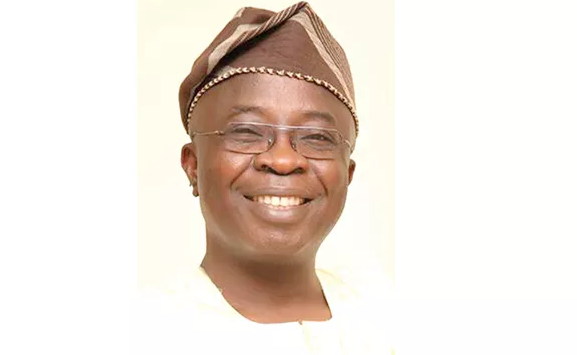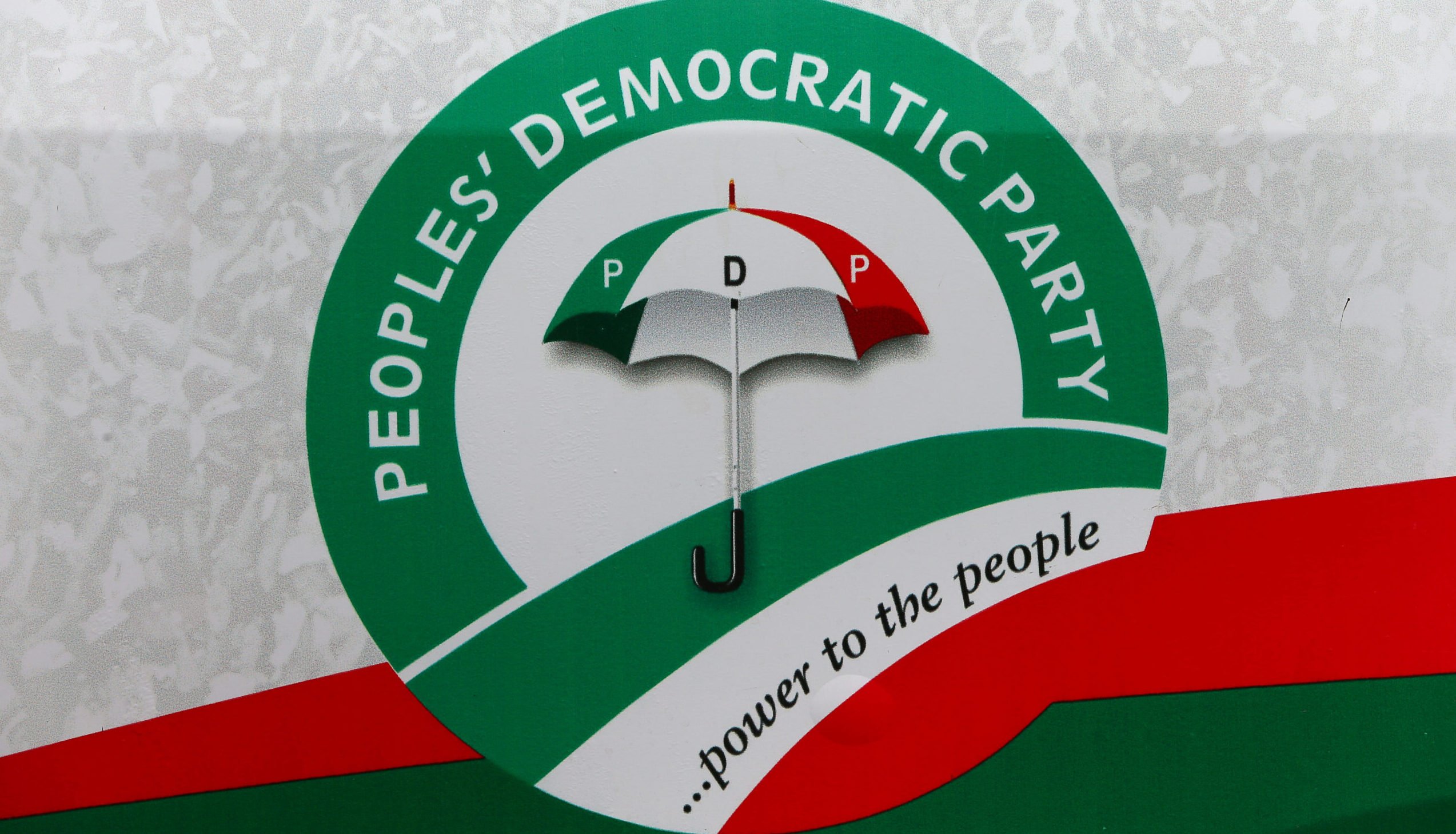Lawmaker appeals to Nigerians to patronise locally-made goods to grow economy

A Lagos lawmaker Hon Setonji David has appealed to Nigerians to patronise locally-produced goods and services to propel the growth of the economy.
David, representing Badagry Constituency II at the Lagos State House of Assembly, made the appeal in an interview with the News Agency of Nigeria (NAN) in Lagos.
He said that patronage of local products remains the panacea to most of the economic challenges facing the country.
“That Nigeria is back to shape and credible is cheery news. That our external reserve is growing is a good development.
“The Federal Government should sustain this and ensure that the dependence on foreign goods is curtailed,” he said.
David, who is the Chairman, House Committee on Physical Planning and Urban Development, hailed the boost in rice production, saying Nigeria must grow what its people eat, need and use.
“We need to desire freedom from foreign slavery; we should grow what we eat and use. We have to use things that are produced in this country, we must be proud of our things, irrespective of how they are packaged, we can’t continue with this economic slavery,” he said.
David said that government could achieve inclusive growth by providing enabling environment and markets for infant industries to grow.
The lawmaker said that the end of recession would have positive multiplier effects on the economy and prices of goods and services and urged Nigerians to be patient with President Muhammadu Buhari.
According to him, destruction is one of the easiest things to do, building takes longer time and efforts.
NAN reports that the National Bureau of Statistics (NBS) on Sept. 5 reported that the country had officially exited recession.
The data showed that the country’s GDP grew by 0.55 per cent year-on-year in real terms in the second quarter of 2017.
The report said that the recovery was driven principally by the performance of oil, agriculture, manufacturing and trade sectors.
The bureau said that the figure indicated the economy was out of recession after five consecutive quarters of contraction since first quarter of 2016.








